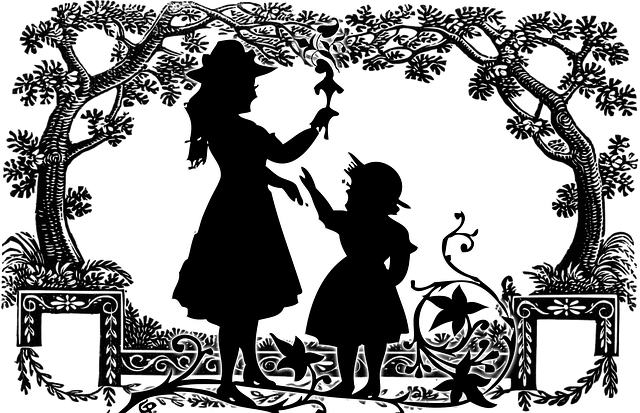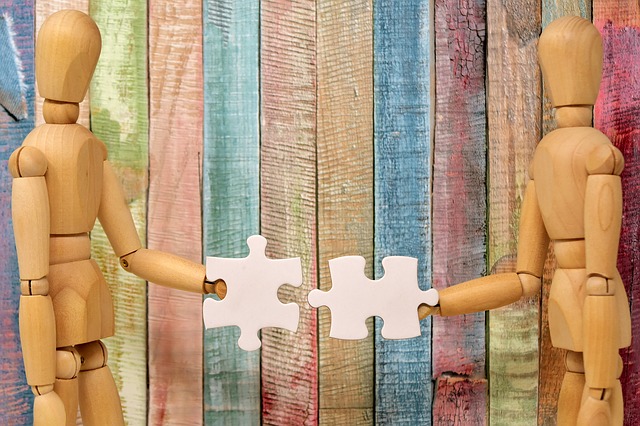We are moving right along with 52 Ancestors in 52 Weeks and I am… not. Ha ha! This makes the second post I’m putting out there quite late/on the last day. April was hectic for me on many levels. Hoping to slow down a bit, now. On to document, which can mean so many things. As genealogists, documenting our ancestors… Read More
52 Ancestors, Week 16: Negatives
The writing prompt for 52 Ancestors in 52 Weeks is Negatives, which can mean so many things in genealogy. For me, it brings to mind negative results and negative evidence, and any other relevant negatives. We always heard that my great-grandmother Mildred Burrell’s first husband, Joseph William St. Onge, was a rum-runner during prohibition. Considering that was in violation of… Read More
52 Ancestors, Week 15: How Do You Spell That?
It’s time for another 52 Ancestors in 52 Weeks post! Since this week’s topic is about spelling, I thought I would talk about the spelling variations for one of my lifelong research projects. I’ve been researching John Goodwin Hawksley and his sisters – Mary Hawksley, Sarah Brown Hawksley, and Margaret Elizabeth Hawksley – and trying to find their father since… Read More
52 Ancestors, Week 14: Check it Out
We’re already 14 weeks into 52 Ancestors in 52 Weeks, and I’m late on this one because I was at ConStellation last weekend. Hooray for sci-fi/fantasy conventions and presenting a panel! But boo for catching up on everyday life again; it’s certainly a chore. 🙂 For my post, I’d like to talk about one of my favorite genealogical resources: Interlibrary… Read More
52 Ancestors, Week 13: Sisters
This week’s topic for 52 Ancestors in 52 Weeks is Sisters. Let’s take a look at the relationship between my great-great grandmother, Ernesta Maddalena Pedemonte Bergamasco, and her sister, Angela Spiazzi. In the family history my great-grandmother and her sisters wrote about their parents, they said that once Ernesta emigrated from Italy to the United States, she never saw her… Read More
52 Ancestors, Week 12: Joined Together
Oh gosh, this week’s topic gave me so many ideas, but making it genealogically relevant was hard! So I thought I would go for a how-to and why sort of post. Let’s talk about merging duplicates on WikiTree! First of all, when I joined WikiTree, I wasn’t entirely sure what I was getting into there. A collaborative tree is not… Read More
- « Previous Page
- 1
- 2
- 3
- 4
- …
- 9
- Next Page »





